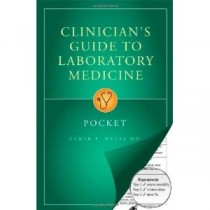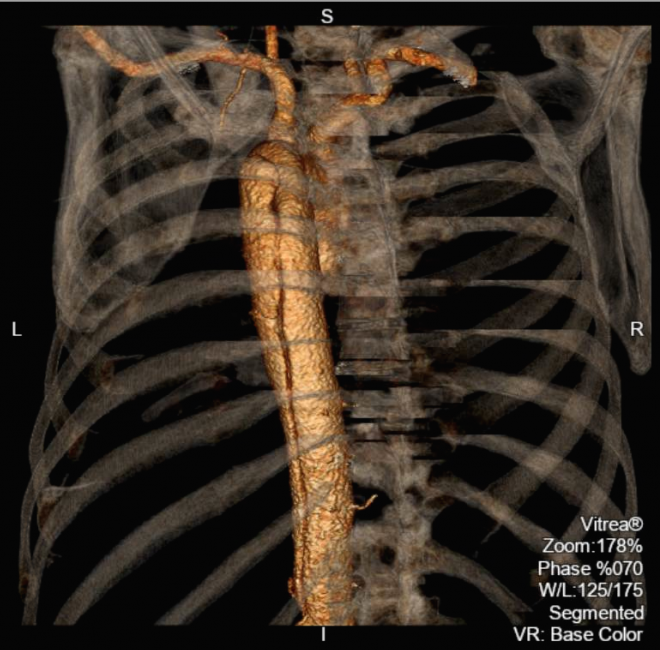Category: Internal Medicine
-

Chronic Diarrhea: Laboratory Medicine Tips and Tricks
Routine labs can tell you a great deal about your patient’s chronic diarrhea: Potassium: Potassium should, of course, be low in patients with chronic diarrhea. If it is high and the patient has normal kidney function, then your patient may have Addison’s disease, or primary adrenal insufficiency. Microcytic anemia: microcytic anemia suggests anemia of iron…
-

D-dimer: Key Points
It can be challenging to make a diagnosis of acute pulmonary embolism (PE). Research has consistently shown that the clinical manifestations of PE are common in patients without PE. Additional diagnostic testing is warranted if PE is a consideration. In recent years, the D–dimer test has played an important role in the evaluation of suspected…
-
Success with DRESS: What You Need to Know about Drug Reaction with Eosinophilia and Systemic Symptoms
Introduction Drug Reaction with Eosinophilia and Systemic Symptoms (DRESS) is a potentially life-threatening medical emergency. Patients present with fever, rash and internal organ dysfunction or failure. Organs affected include liver (hepatitis, fulminant hepatic failure), lungs (pneumonitis), kidneys (renal failure, nephritis), brain (encephalopathy and/or aseptic meningitis), and heart (myocarditis, heart failure). Endocrine dysfunction such as hyperthyroidism,…
-

Mnemonic for Side Effects of Antimycobacterial Agents
Here is a mnemonic that will help you remember the side effects of antimycobacterial agents: Rifampin cause Red discoloration of urine and tears, which can lead to patient anxiety and ruined contact lenses. Patients should be counseled about this ahead of time and should be advised not to wear contact lenses while being treated with…
-
Angioedema without Urticaria
The differential diagnosis for angioedema without urticaria (“hives”) is fairly narrow, and requires a unique workup and management strategy. Clinical presentation Patients present with sudden, profound, non-erythematous, non-pruritic localized edema of distensible tissues such as lips, eyelids, tongue and external genitalia. The key here is that they are negative for hives, itching, or bronchospasms. Two…
-

Aortic Dissection: When to Suspect it
Suspect an aortic dissection in patients with chest pain plus any of the following: New neurological problems Anterior spinal artery infarction with loss of motor function and loss of sensation (with preserved position and vibratory senses) Oculosympathetic paresis, or Horner syndrome, with miosis, ptosis, and anhidrosis A painful Horner’s is a dissection until proven otherwise Acute…